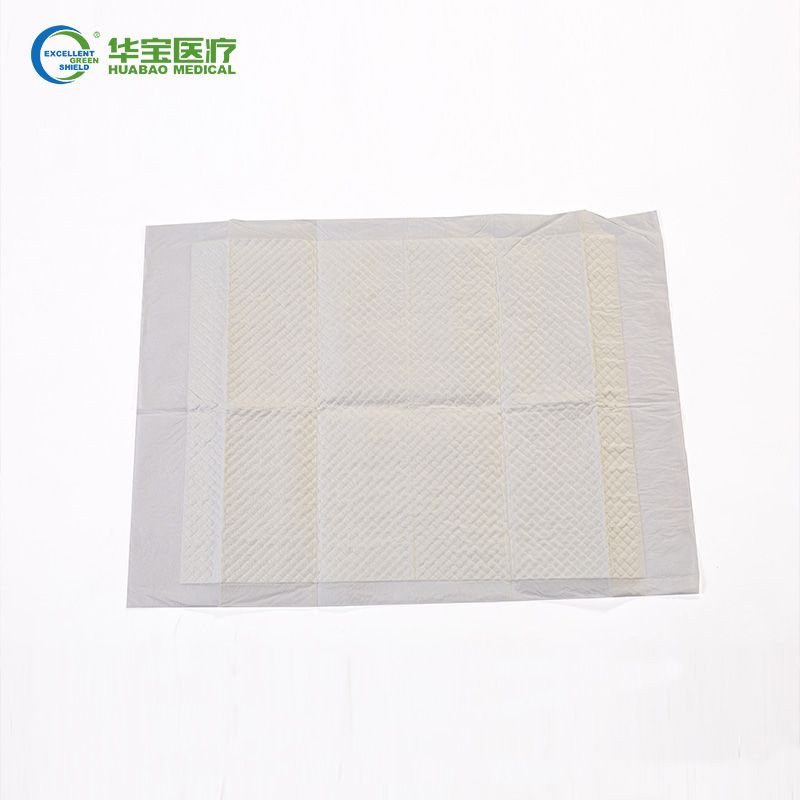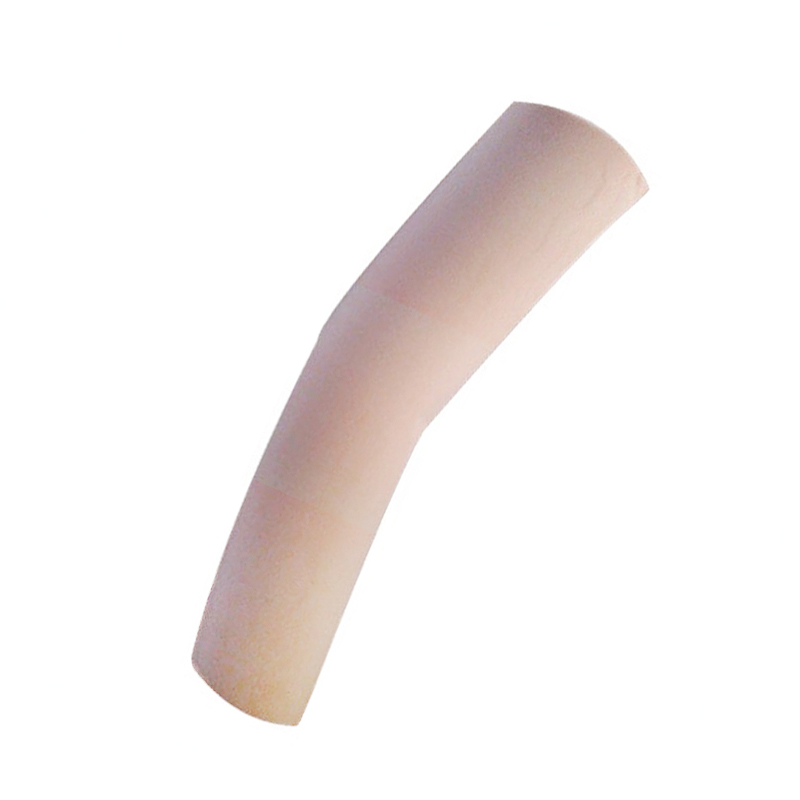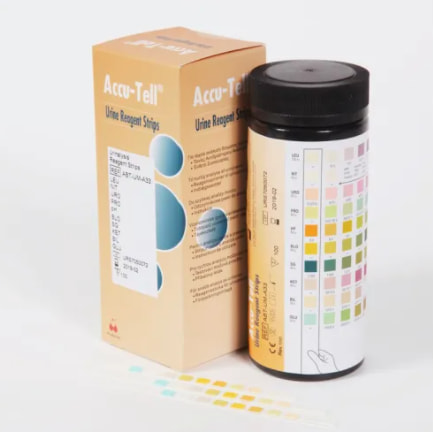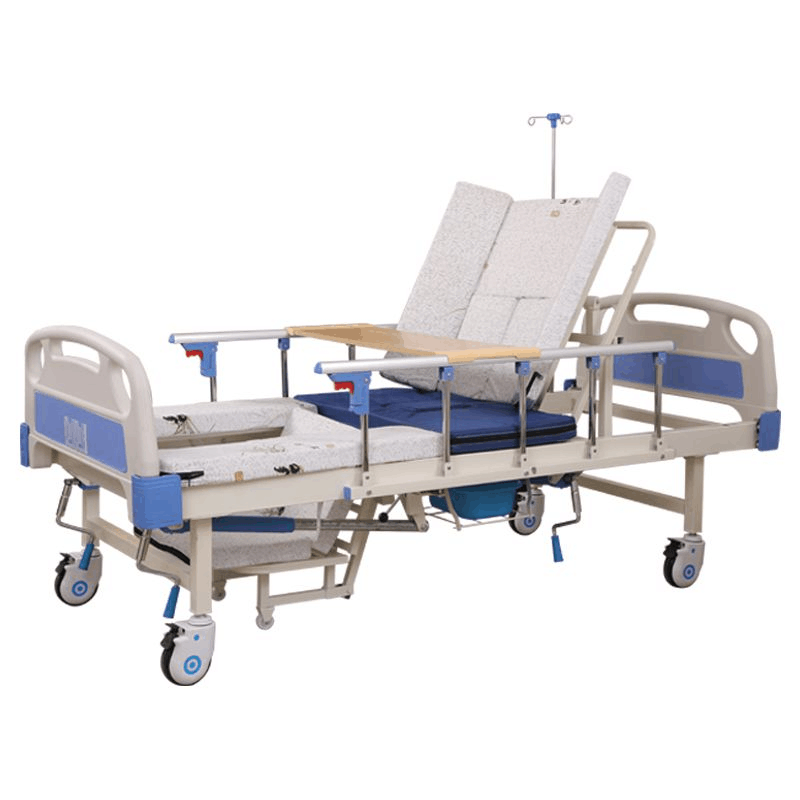How do you know if a surgical pack is good to buy?
When purchasing a surgical pack, whether for hospital use or personal medical needs, ensuring its quality is paramount to the success of surgical procedures and the well-being of patients. Here's a comprehensive guide to help you determine if a surgical pack is good to buy:
1. Sterility Assurance: One of the most critical factors in a surgical pack's quality is its sterility. Sterility is essential to prevent surgical site infections and ensure patient safety. When evaluating a surgical pack, look for indicators of sterility, such as intact packaging, unbroken seals, and visible sterilization indicators like color change indicators or sterilization labels. Ensure that the pack's expiration date has not passed, as expired packs may compromise sterility.
2. Comprehensive Contents: A high-quality surgical pack should contain all the necessary components for a specific surgical procedure. These components may include surgical drapes, gowns, towels, adhesive tapes, instrument trays, and other accessories. Check that the pack includes all the items required for the intended procedure and that they are of appropriate size and quantity.
3. Material Quality and Barrier Properties: Assess the quality of materials used in the surgical pack, including the fabric of drapes and gowns, the absorbency of towels, and the durability of instrument trays. Look for materials that are fluid-resistant or impervious to prevent the transmission of microorganisms and fluids during surgery. High-quality materials contribute to better performance, comfort, and safety during procedures.
4. Compliance with Standards and Regulations: Ensure that the disposable surgical pack complies with relevant regulatory standards and guidelines for medical devices and surgical equipment. In the United States, surgical packs should adhere to FDA (Food and Drug Administration) regulations. Internationally, compliance with standards such as ISO 13485 for quality management systems and ISO 11135 for sterilization validation is crucial.

5. Manufacturer Reputation and Quality Control: Research the reputation and track record of the manufacturer or supplier of the surgical pack. Choose reputable companies known for producing high-quality, reliable products and adhering to stringent quality control measures throughout the manufacturing process. Manufacturers with certifications such as ISO 9001 for quality management systems demonstrate a commitment to quality and continuous improvement.
Additional resources:What is multi drug test?
Nitrile vs Latex vs Vinyl Gloves – Understand difference between these 3 gloves types!
The Complete Guide to Hydrophilic Non Woven Fabric
What Are the Medical Uses of Polyurethane Foam?
Soft Toothbrushes vs. Foam Swabs for Oral Care
Do surgical gowns expire?
How accurate is the rapid hCG test?
6. Durability and Performance: Assess the durability and performance of the surgical pack's components, such as drapes, gowns, and towels. Ensure that they are tear-resistant, lint-free, and capable of maintaining their integrity throughout the procedure. Consider factors such as fabric strength, seam construction, and resistance to punctures or tears.
7. Comfort and Fit: Consider the comfort and fit of the surgical pack components, especially for items like surgical gowns and drapes worn by medical staff. Choose packs that provide a comfortable fit, freedom of movement, and adequate coverage to minimize the risk of contamination and ensure the safety and comfort of surgical personnel.
8. Cost-Effectiveness and Value: While cost is a consideration, prioritize value over price when selecting a surgical pack. Consider the overall quality, performance, and reliability of the pack, as well as the potential cost savings associated with reduced risk of complications, surgical site infections, and additional expenses. Balance cost-effectiveness with the need for high-quality, dependable products.
In conclusion, evaluating the quality of a surgical pack involves assessing its sterility assurance, comprehensive contents, material quality and barrier properties, compliance with standards, manufacturer reputation and quality control, durability and performance, comfort and fit, and cost-effectiveness and value. By considering these factors carefully, you can ensure that the surgical pack you purchase meets the highest standards of quality and safety for use in surgical procedures.
A Comprehensive Review on medical pu foam
Understanding the Constraints of Prosthetic Limbs
Understanding the Distinctions: Medical Protective Clothing vs. Isolation Gown
What Are Surgical Staples?
Unlocking the Potential: Harnessing the Power of Cell Factories
Are there rapid tests for chlamydia?
Praziquantel Oral: Uses, Side Effects, Interactions, Pictures, Warnings & Dosing







Comments
0